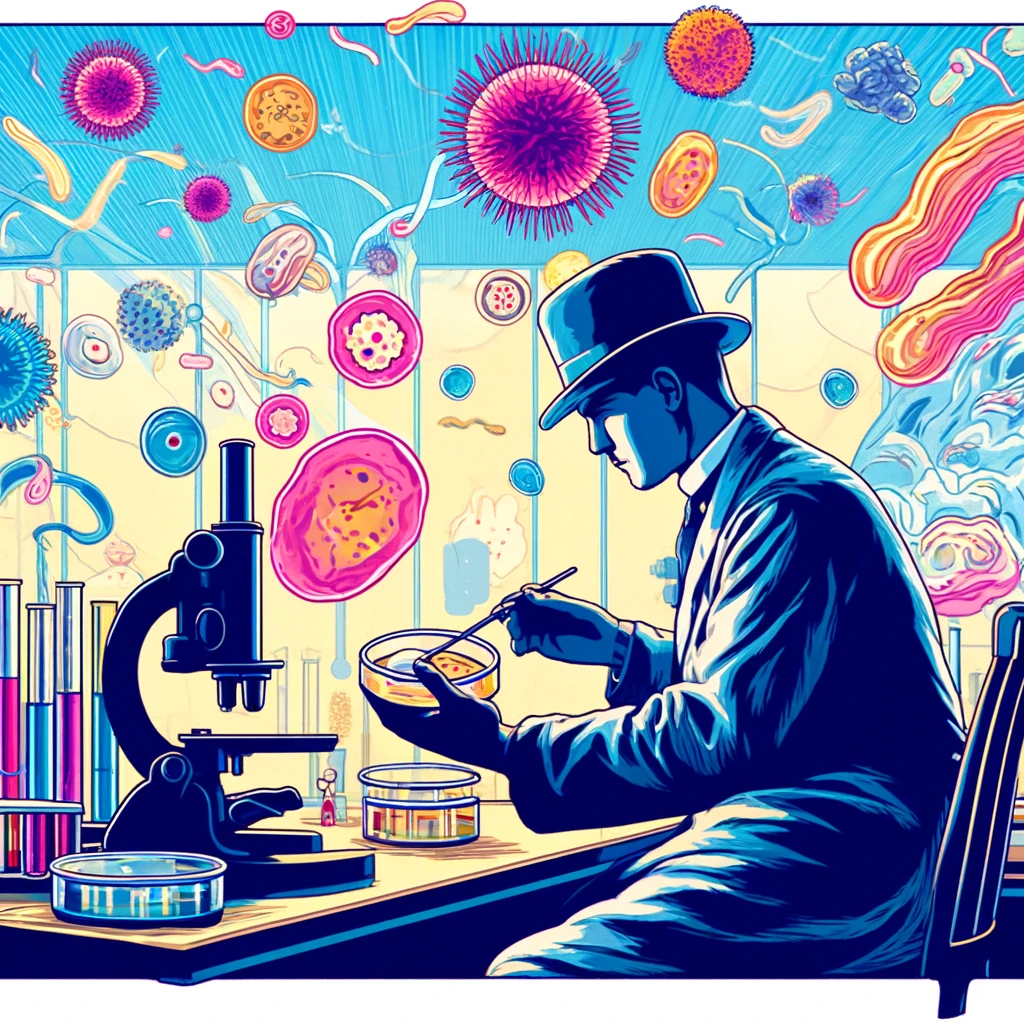AYAH: Prof Arthur Obel - The Visionary Who Revolutionized Kenya's Medicine

The Journey into Medicine
When I first entered medical school at the University of Nairobi in the late 1980s, I quickly realized that people who choose medicine are not just intelligent but also deeply committed to their profession. This realization came as a surprise to me, as I had always thought of doctors as individuals with a unique set of skills, but I hadn’t fully grasped the level of dedication and knowledge required.
At that time, the medical school at the University of Nairobi was the only one in Kenya, making it a highly competitive and prestigious institution. Each year, only 100 students were admitted, which meant that the selection process was rigorous and the academic environment was intense. The students who made it into the program were not just academically capable; they were also driven by a strong desire to serve their communities and make a difference in the field of healthcare.
A Legacy of Knowledge and Expertise
The faculty members who taught at the medical school were not only clever but also incredibly knowledgeable. They brought years of experience and expertise to the classroom, often sharing insights from their own clinical practices and research. This combination of theoretical knowledge and practical application created an environment where students could learn not just from textbooks, but from real-world scenarios.
The teaching methods were designed to challenge students and push them beyond their comfort zones. Lectures were often followed by hands-on sessions in the laboratory or clinical settings, ensuring that students could apply what they learned in a practical context. This approach helped to build a strong foundation for future medical professionals.
The Importance of Medical Education
Medical education is more than just learning about diseases and treatments. It involves understanding the human body, developing critical thinking skills, and cultivating empathy for patients. At the University of Nairobi, this philosophy was deeply ingrained in the curriculum. Students were encouraged to think critically, ask questions, and engage in discussions that went beyond the textbook.
The small class sizes allowed for personalized attention from instructors, which was a significant advantage for students. This close interaction between faculty and students fostered a supportive learning environment where everyone felt valued and motivated to succeed.
The Impact of Medical Training
The training received at the University of Nairobi had a lasting impact on the students who graduated from the program. Many of them went on to become leaders in the medical field, working in hospitals, research institutions, and public health organizations. Their contributions helped to shape the healthcare landscape in Kenya and beyond.
Moreover, the sense of community among students and faculty created a network of support that extended far beyond graduation. Alumni often returned to the university to share their experiences, mentor current students, and contribute to the ongoing development of the medical school.
Conclusion
The journey through medical school at the University of Nairobi in the late 1980s was a transformative experience for many students. It was a time of intense learning, personal growth, and professional development. The faculty's commitment to excellence and the students' determination to succeed created a legacy that continues to influence the medical field today.

Comments
Post a Comment